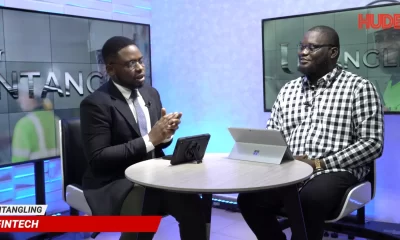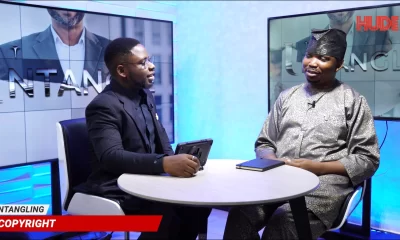News
Age Restriction for University Admission in Nigeria: The Need for Inclusive Reform

The Federal Government of Nigeria, through the Ministry of Education, has recently directed that only candidates aged 18 and above be admitted into universities.
According to the Ministry, this policy aligns with the country’s education system, which follows the 6-3-3-4 structure, while it also aims to ensure that students are emotionally, mentally, and academically prepared for higher education.
While the rationale behind the recent enforcement of the existing policy appears to be noble, especially when compared to other countries’ structures, this move has sparked a fair amount of arguments, rejection, and backlash from many Nigerian citizens and bodies.
The dominant question on the lips of many alike is, is this policy a priority for Nigeria at this critical juncture? Amidst the country’s numerous socio-economic challenges, including the removal of fuel subsidies, which has skyrocketed the cost of living, and the devastating floods in Borno State, displacing thousands of people, one wonders if this policy addresses the most pressing needs of Nigerian citizens.
But away from the economic hurdles, does this policy even address the pressing educational sector needs? The country’s education system is already beset with numerous challenges, including inadequate funding, outdated curricula, and shortage of qualified teachers.
In this context, will an age restriction, while well-intentioned, not further marginalize already disadvantaged students, particularly those from low-income backgrounds who may need to work to support their families?
Furthermore, the policy’s enforcement may exacerbate the existing brain drain, as talented but underage students may seek opportunities in countries with less restrictive admission policies. This may deprive Nigeria of its brightest minds, hindering the country’s development.
Educational bodies like the Senior Staff Association of Nigerian Universities (SSANU) have called out the government, urging it to step down the decision and make further consultations to avoid a crisis in the education sector. In such times, it is important for the government to recognize the need to approach policies systematically to promote sustainability and acceptance among the people.
To further this cause, the government can first, as a recommendation, go back to the drawing board to conduct a holistic review of the education sector, consulting widely with stakeholders, including educators, students, and parents to address concerns and build consensus.
A step further will be to reassess the educational curriculum to ensure it is relevant, inclusive, up-to-date, and equips students with the necessary skills for success. A problem at the higher level of education, I believe, has its roots in the junior levels.
The government can strive to ensure that children start their educational journey at the right age to prevent underage children from getting into school in the first place, this is already enshrined in the existing policy. The enforcement of age restriction only when students have made significant educational progress through the years may prove counterproductive, especially in a nation with one of the highest number of out-of-school children in the world.
Parents, educators, policy makers and administrators should have access to workshops and trainings to amplify engagements, discussions and reviews of the existing policy and make it relevant in the contemporary educational space for effective and seamless implementation.
Finally, the Global Partnership for Education emphasizes the need for a robust monitoring and evaluation framework to track progress, identify areas for improvement, and make data-driven decisions.
Nigerians are definitely itching for growth, change, and development in every sector. If the Federal Government can consider some of these recommendations and many others, it can create a world-class education system that prepares students for success and propels the country towards a brighter future. By taking bold and inclusive action now, Nigeria can unlock the full potential of its citizens and secure a prosperous future for generations to come.













